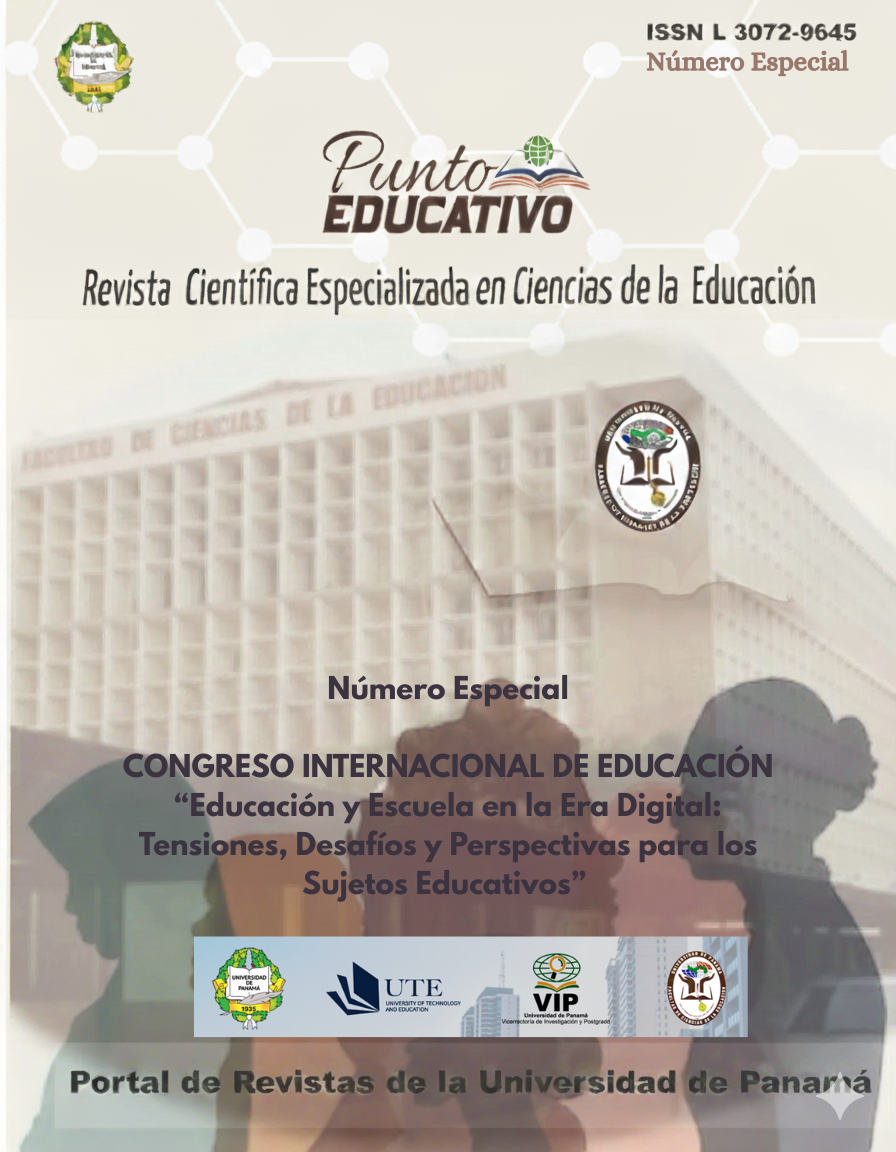

Copyright (c) 2025 Punto educativo

This work is licensed under a Creative Commons Attribution-NonCommercial-ShareAlike 4.0 International License.
Global changes pressure all groups to acquire and apply new skills constantly. New globalizing forces require that educational institutions catch up and that people graduating and working in these places have a wide range of social and cultural abilities to solve problems and collaborate worldwide. Global education, web 2.0, and learning theory allow educators to globalize their classrooms through e-learning, blended learning, face-to-face, open, and distance education aimed at an inclusive and high-quality education. There are multiple challenges impacting education in Latin America. Nevertheless, to improve the quality of education, the Colombian government has designed a series of projects whose objectives aim to coherently articulate the different levels of the educational system in a Global Age where borders are gradually disappearing. This continuous change in the world gives rise to the Digital Age and the non-traditional teaching-learning process where the roles of the teacher and the student require specific attitudes and skills, and thus be in trend with the globalizing world.